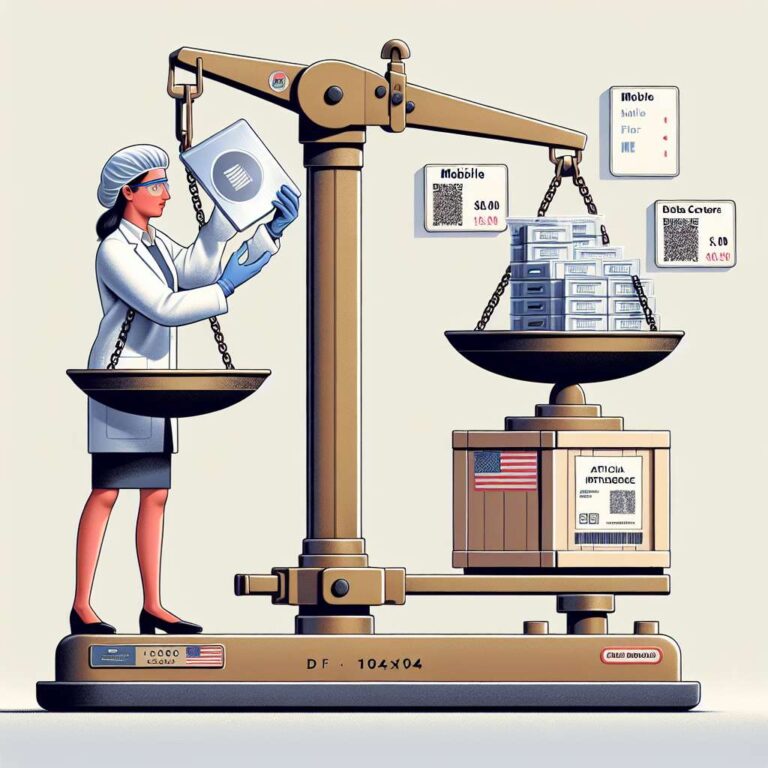TSMC plans significant price adjustments beginning in 2026, with increases of 5 to 10 percent targeted at advanced nodes below 5 nanometers. The report states that 3 nanometer wafers currently sell for approximately Not stated each, and TSMC expects 2 nanometer wafers to exceed Not stated when mass production begins in late 2025. The announced changes will affect major customers including Apple and NVIDIA. TSMC´s U.S. operations are a factor in the pricing strategy: the company has invested over Not stated billion in Arizona facilities, and the Arizona plant began 4 nanometer production in early 2025.
TSMC frames the price moves as necessary to preserve profitability. The company is aiming to maintain gross margins above 53 percent while acknowledging that Arizona operations will compress companywide margins by an estimated 2 to 3 percent initially, potentially reaching 3 to 4 percent over time. AMD chief executive officer Lisa Su confirmed that overseas facilities can cost 5 to 20 percent more to operate than Taiwan-based manufacturing, a dynamic that contributes to higher unit costs and the need for price adjustments.
Separately, SanDisk announced a 10 percent price increase for all channel partners and consumer products, effective for new orders placed after September 5. SanDisk attributed the move to rising demand from Artificial Intelligence applications, data centers, and mobile devices, and said it will conduct regular price reviews with the possibility of future modifications. The report also notes that TSMC may reduce prices for mature manufacturing processes where cost pressures remain manageable, indicating that adjustments could vary across technology nodes and product segments.

